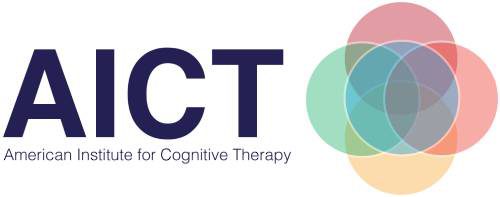 Use Your Time Productively Even When Overwhelmed by Emotions
Use Your Time Productively Even When Overwhelmed by Emotions
By Melissa Horowitz, Psy.D.
Sometimes emotional experiences can be acute, intense, and hard to know if warranted given the circumstance at hand. Conventional wisdom discourages us from being reactionary when in such a state because the long-term consequences of our actions are likely to outweigh the short-term benefits of immediate emotional relief.
For example, you may be angry with your spouse because you believe he or she has not been helpful with domestic responsibilities lately. Tempting as it may be, it is wise to think about the negative repercussions of voicing hurtful words at him or her. It is entirely possible those choice words will lead to the silent treatment or sleeping on the couch for the days that follow.
Similarly, if you are bored, you may be tempted to alleviate your boredom by munching on assorted foods lining the perimeter of your kitchen countertops, cabinets, or shelves in your refrigerator. But consider the consequences of this immediate relief. Typically, the effect of overeating is physical discomfort and sluggishness.
These emotion-driven experiences can make it temporarily harder to access reason and inhibition. If you’ve had this experience, distraction is one useful strategy to try. The distraction strategy consists of the participation in one or more brief neutral activities, simultaneously providing distance from the triggering event while at the same time giving emotions the time to weaken. The underlying problem that led to the emotional experience may need to be addressed at some point, but this is an earlier step in the process.
The distraction strategy can be implemented in many ways. Some people find that adult coloring books, looking at pictures of cute furry animals, or making origami helps calm them down. These activities tend to offer momentary pleasure and pass the time, providing the distance and time needed for emotions to weaken.
Although not necessary for this strategy to work, a consideration for some that want to make the most of distraction time is productivity. This allows one to do something useful while still getting the benefit of the distance and time needed for emotions to weaken. Here are a few examples:
- Tackle a task in the home: Throw away expired food, refill your salt or pepper shaker, open old mail piling up on the counter, sweep the floors, shine your shoes, change your bed linen, update your personal filing system, or give your dog a bath.
- Donate or sell lightly used items: Donate goods to a local charity, bring your clothing to a consignment shop, or sell your goods on an online website.
- Tidy your email account: Click “unsubscribe” and reduce the advertisements sent to your inbox, open old emails, create a filing system to store important emails for easy access in the future, and delete nonessential emails.
- Take a walk: Walk around the block, or drive to a track or a local store. Engage in a hobby: Practice a musical instrument, catalog music, make jewelry, draw or research a future vacation. If none of these suggestions are right for you, find your own productive projects that do not require much mental effort and have no timeline for when they need to be completed by.

 Use Your Time Productively Even When Overwhelmed by Emotions
Use Your Time Productively Even When Overwhelmed by Emotions